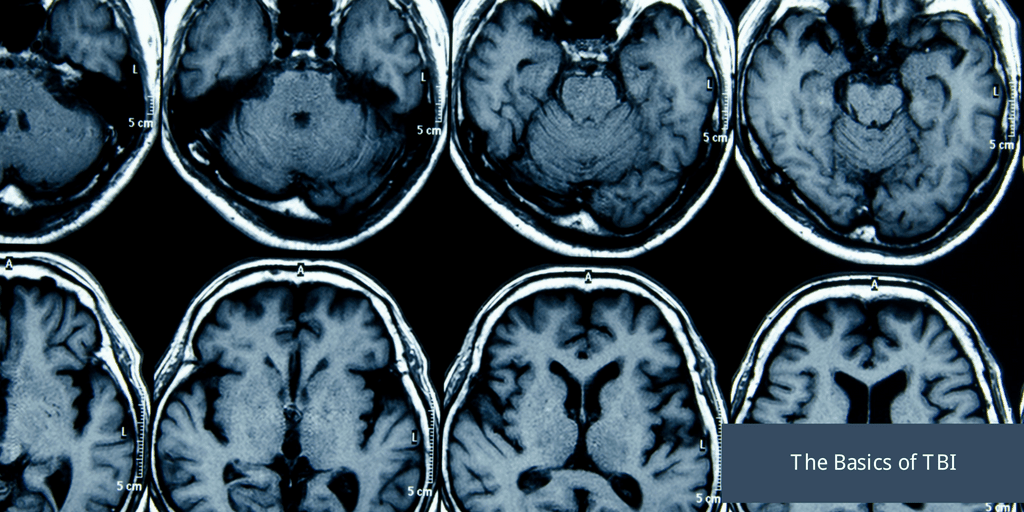You’ve probably heard the acronym TBI before. It stands for Traumatic Brain Injury. Whether you’ve been hit in the head or experienced a sudden jolt, you are at risk for developing TBI.
How Often Do Traumatic Brain Injuries Occur?
The brain is one of the most complicated organs in the body. The brain is not very well understood. As recently as the time of writing this article, new research developments are underway. One researcher here in Denver, Dr. Theodore Henderson has developed a technique that seems to enable the detection of 94% of TBI cases through the use of a modified MRI scan.
If his findings prove accurate, that means that roughly 6% of TBI could go undiagnosed. That’s a big deal.
The Center for Disease Control estimates that there are 2.5 million cases of traumatic brain injury a year. Only a portion of those cases involve an obvious cause—like the blow to the head one might experience in a car crash when a car is totaled. Many cases involve a sudden jolt—like the one you may experience in a ‘fender bender.’
Symptoms of A Traumatic Brain Injury
To make matters worse, the symptoms presented by traumatic brain injuries vary wildly. Some may have only a minor indication—like a momentary lapse of consciousness or a mood swing. Others may have more extreme symptoms—like an inability to smell.
The symptoms you experience are not a good indicator of the extent of your injuries. Because you may feel fine—and not even notice that you lost consciousness for a moment—you could very likely ignore a condition which, untreated can cause lasting damage.
What To Do After Experiencing a Traumatic Brain Injury
After a TBI, there are some costly, complicated and significant healthcare decisions that need to be made. The true extent of the injury needs to be established. Early discovery boosts the likelihood of a positive-healthcare outcome. In some cases of TBI, rest and medication may be all that is required. In other cases of TBI, patients require months (if not years) of rehabilitation therapy. Some patients have to re-learn skills they may have been proficient in their whole lives—from how to walk again to how to navigate the office politics at your job.
You’ve paid for auto and health insurance coverage already—which means you’ve been paying for the insurance company to be there when you need it the most.
That being said, if you’ve ever had to file a claim with your insurance company, you know that the bigger it is the more likely they are to reject it.
That’s why you so often hear ‘car crash lawyers’ (personal injury attorneys) talk about the importance of retaining counsel—and if you’ve met with one or two, getting health-care immediately. Once you know the extent of your injuries, you’ll be able to ensure that you receive the coverage you are entitled to. A knowledgable Aurora personal injury attorney will help navigate you through the TBI claims process, so that you can get back to what really matters—your health and your happiness.
You can read more about what to do after a TBI HERE

